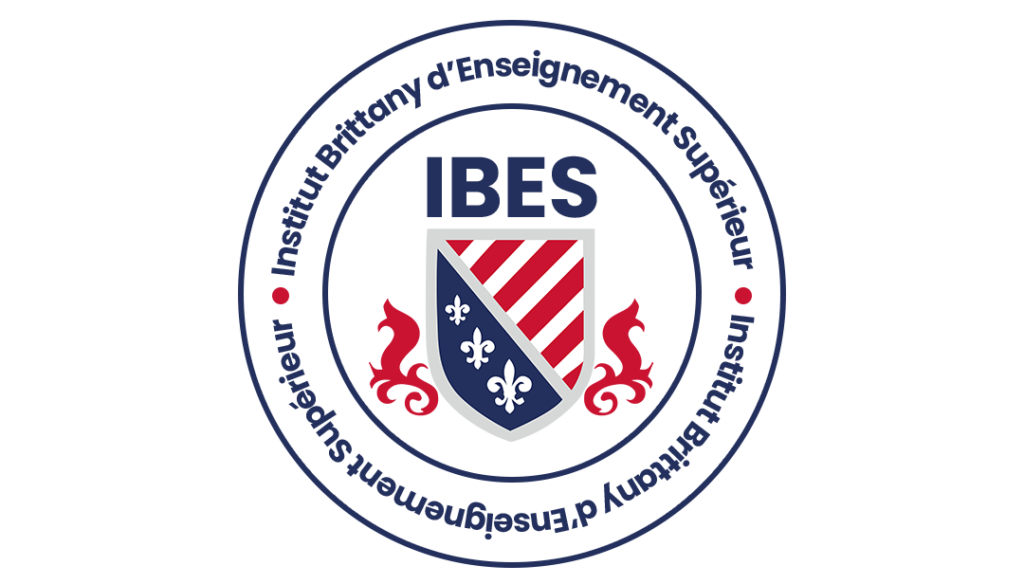The core of the EQF concerns eight reference levels describing what a learner knows, understands and is able to do – ‘learning outcomes’. Levels of national qualifications will be placed at one of the central reference levels, ranging from basic (Level 1) to advanced (Level 8). This will enable a much easier comparison between national qualifications and should also mean that people do not have to repeat their learning if they move to another country.
| Level | Knowledge | Skills | Responsibility and autonomy | Example |
|---|---|---|---|---|
| In the context of EQF, knowledge is described as theoretical and/or factual | In the context of EQF, skills are described as cognitive (involving the use of logical, intuitive and creative thinking) and practical (involving manual dexterity and the use of methods, materials, tools and instruments) | In the context of the EQF, responsibility and autonomy are described as the ability of the learner to apply knowledge and skills autonomously and with responsibility | ||
| Level 1 | Basic general knowledge | Basic skills required to carry out simple tasks | Work or study under direct supervision in a structured context | (UK) RQF entry level 3 |
| Level 2 | Basic factual knowledge of a field of work or study | Basic cognitive and practical skills required to use relevant information in order to carry out tasks and solve routine problems using simple rules and tools | Work or study under supervision with some autonomy | (UK) GCSE Grades D-G, RQF Level 1, Scottish Intermediate 1 ; (Finland) Lower secondary school |
| Level 3 | Knowledge of facts, principles, processes and general concepts in a field of work or study | A range of cognitive and practical skills required to accomplish tasks and solve problems by selecting and applying basic methods, tools, materials and information | Take responsibility for completion of tasks in work or study; adapt own behaviour to circumstances in solving problems | (UK) GCSE Grades A*-C, RQF level 2, Scottish Intermediate 2 |
| Level 4 | Factual and theoretical knowledge in broad contexts within a field of work or study | A range of cognitive and practical skills required to generate solutions to specific problems in a field of work or study | Exercise self-management within the guidelines of work or study contexts that are usually predictable but are subject to change; supervise the routine work of others, taking some responsibility for the evaluation and improvement of work or study activities | (UK) A-level RQF level 3, Scottish Higher ; Abitur (Germany), Matura, Baccalauréat”>Baccalauréat (France), vocational school |
| Level 5 | Comprehensive, specialised, factual and theoretical knowledge within a field of work or study and an awareness of the boundaries of that knowledge | A comprehensive range of cognitive and practical skills required to develop creative solutions to abstract problems | Exercise management and supervision in contexts of work or study activities where there is unpredictable change; review and develop the performance of self and others | (UK) HNC, HND Foundation Degree, RQF levels 4 & 5, Certificate of Higher Education Diploma of Higher Education, Scottish Advanced Higher, Voorbereidend wetenschappelijk onderwijs |
| Level 6 | Advanced knowledge of a field of work or study involving a critical understanding of theories and principles | Advanced skills, demonstrating mastery and innovation, required to solve complex and unpredictable problems in a specialised field of work or study | Manage complex technical or professional activities or projects, taking responsibility for decision-making in unpredictable work or study contexts; take responsibility for managing the professional development of individuals and groups | (UK) Bachelor’s degree with honours , Bachelor’s Degree without honours, RQF level 6, Graduate Certificate Graduate Diploma ; (Germany) Vocational university German State-certified Engineer, Business Manager and Designer (Fachhochschule) Bachelor, German Fachwirt / Fachkaufmann German Operative Professional German Meister; (Spain) Diplomado or Grado; (Italy) Laurea |
| Level 7 | Highly specialised knowledge, some of which is at the forefront of knowledge in a field of work or study, as the basis for original thinking and/or research, critical awareness of knowledge issues in a field and at the interface between different fields | Specialised problem-solving skills required in research and/or innovation in order to develop new knowledge and procedures and to integrate knowledge from different fields | Manage and transform work or study contexts that are complex, unpredictable and require new strategic approaches; take responsibility for contributing to professional knowledge and practice and/or for reviewing the strategic performance of teams | (UK) Master’s degree, Postgraduate Certificate , Postgraduate Diploma, RQF level 7; (Germany) Vocational university (Fachhochschule ) Master’s, Geprüfter Betriebswirt (IHK) (Certified Business Administrator) (Italy) Laurea MagistraleLicenciado or Máster (Spain), Mestrado (Portugal), NTUA Diploma (Greece) |
| Level 8 | Knowledge at the most advanced frontier of a field of work or study and at the interface between fields | The most advanced and specialised skills and techniques, including synthesis and evaluation, required to solve critical problems in research and/or innovation and to extend and redefine existing knowledge or professional practice | Demonstrate substantial authority, innovation, autonomy, scholarly and professional integrity and sustained commitment to the development of new ideas or processes at the forefront of work or study contexts, including research | Doctorate, PhD, Professional Doctorate (Italy) Dottorato di ricerca , RQF level 8. |
European Credit Transfer and Accumulation System (ECTS) credits are a standard means for comparing the “volume of learning based on the defined learning outcomes and their associated workload” for higher education across the European Union]. For successfully completed studies, ECTS credits are awarded. One academic year corresponds to 60 ECTS credits, normally equivalent to 1500–1800 hours of total workload, irrespective of standard or qualification type. For comparison, One ECTS credit is equivalent to two UK credits.
